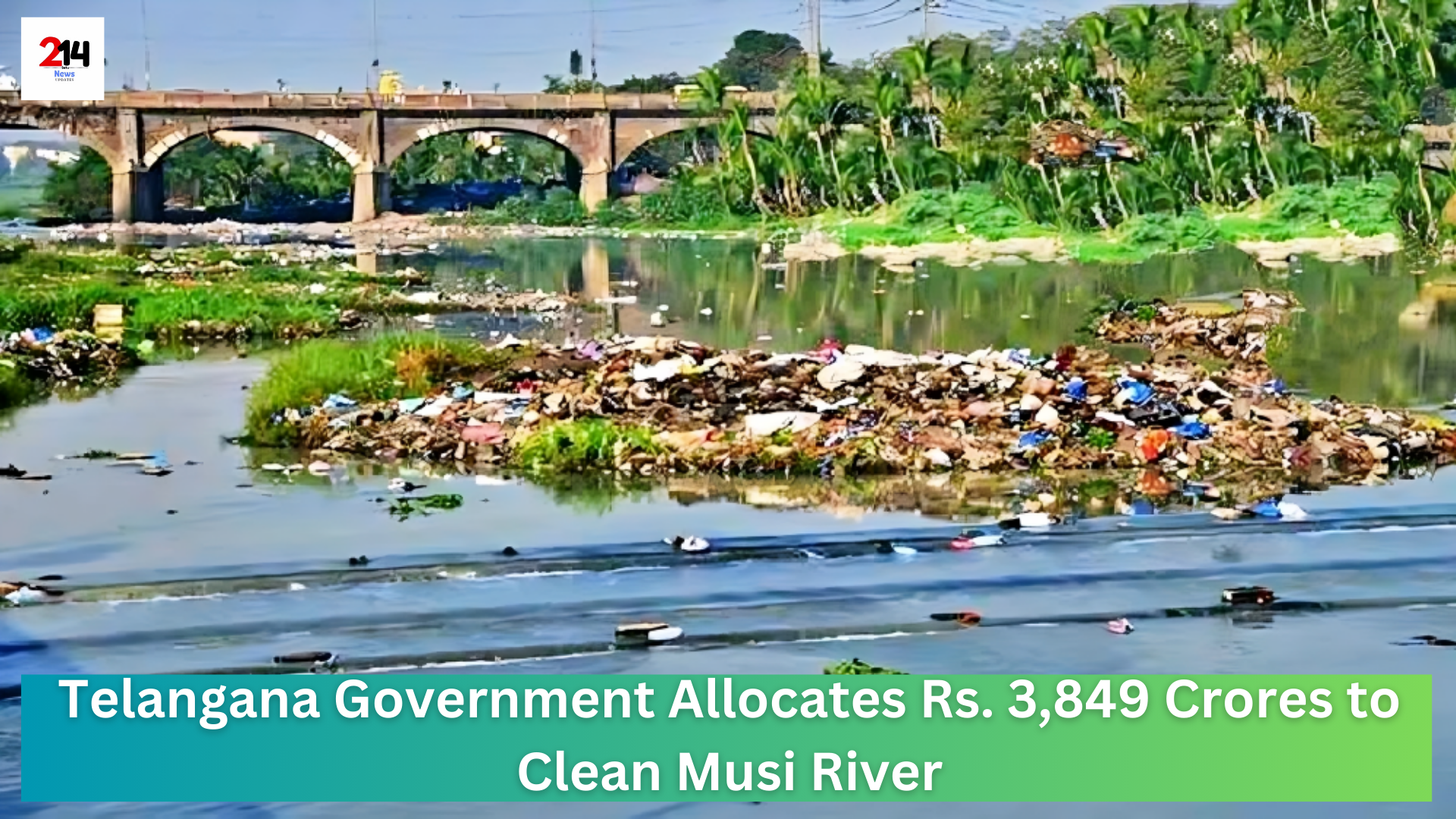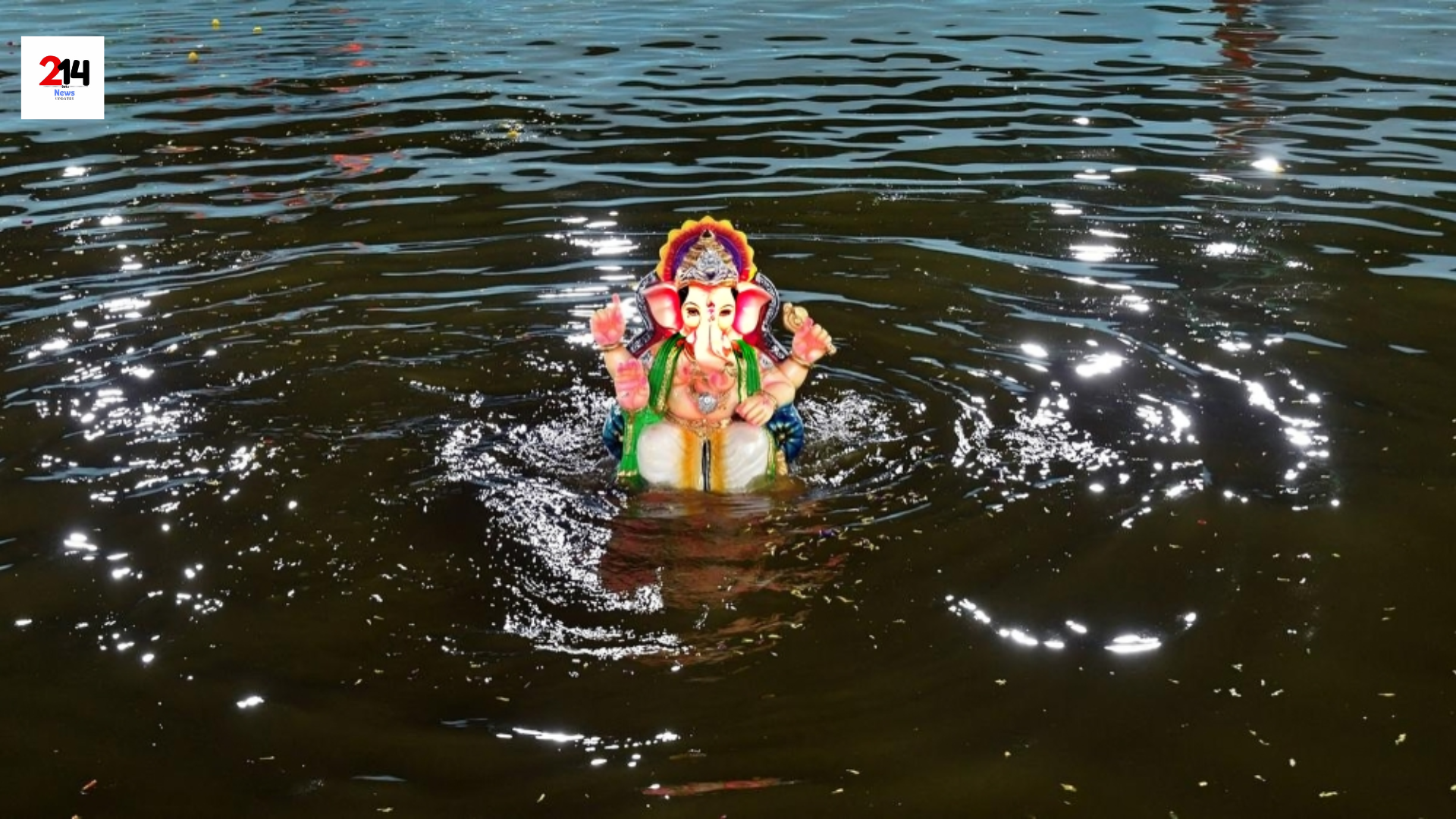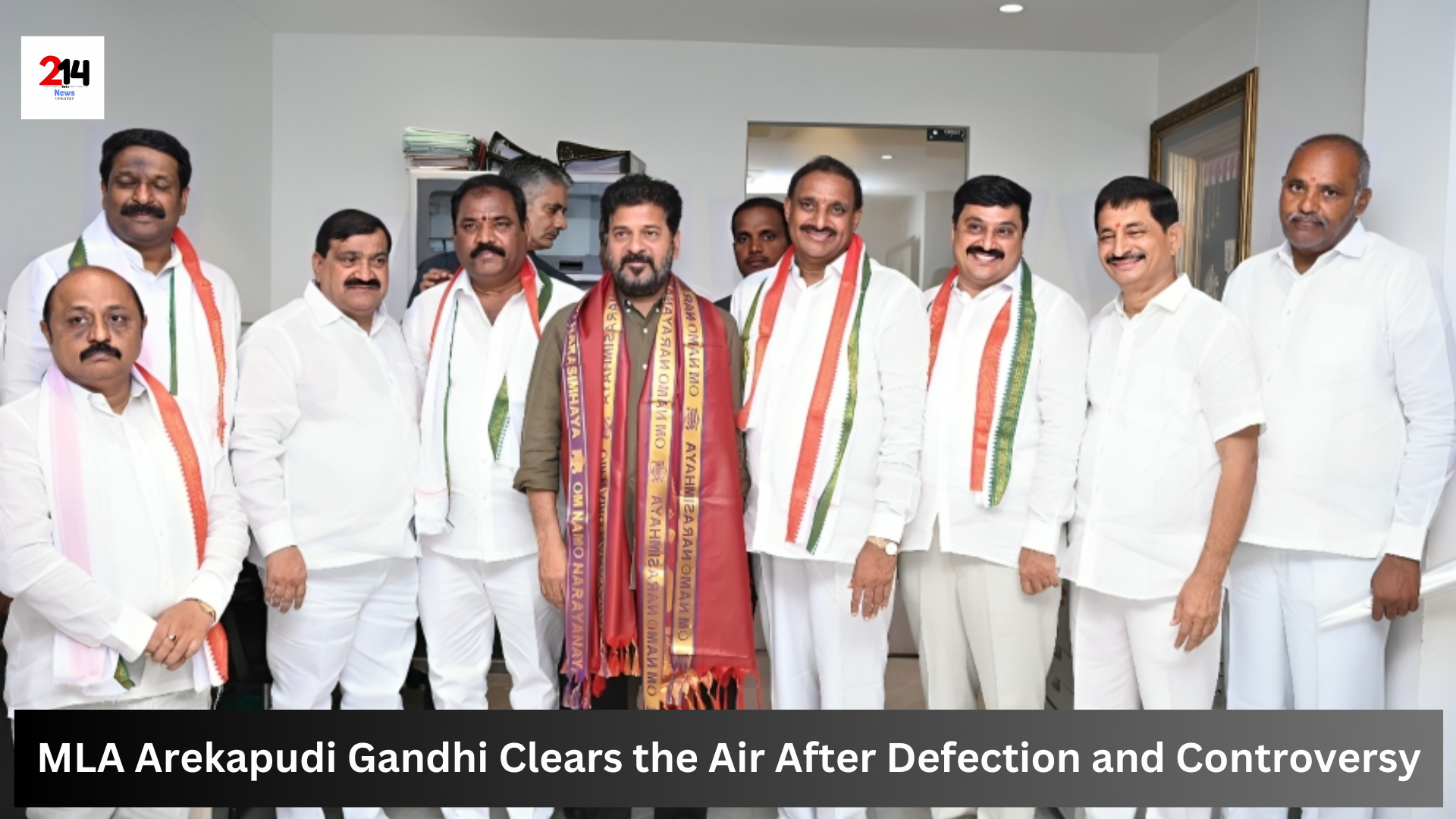
Hyderabad: The Telangana government has taken a big step to clean the Musi river, which has been polluted for a long time. They have decided to build 39 new Sewage Treatment Plants (STPs) to help clean the river. The total cost for this project is Rs. 3,849.10 crores.
Funding Details
The funding for this project comes from different sources:
- Central Government: Rs. 645 crore
- State Government: Rs. 896.90 crore
- Public-Private Partnerships (PPP) and Hybrid Annuity Model (HAM): Rs. 1,027.90 crore
About the STPs
The new STPs will be able to clean 972 million liters of sewage every day. They will be built in the Greater Hyderabad Municipal Corporation (GHMC) area and areas within the Outer Ring Road (ORR). These plants will make sure that no untreated sewage goes into the Musi river, improving the water quality.
Project Management
The Hyderabad Metropolitan Water Supply and Sewerage Board (HMWS&SB) will manage the construction and operation of these STPs. The project includes:
- PPP Model: One STP with a capacity of 7 million liters per day (MLD) in the GHMC area.
- HAM Model: Thirty-eight STPs with a total capacity of 965 MLD in areas outside GHMC but within ORR.
Goals and Future Plans
The main goal is to treat all the sewage in the targeted areas, so the Musi river gets clean. This project will also help develop biodiversity parks and artificial wetlands to bring back the river’s natural environment.
Comprehensive Plan
The HMWS&SB has made a detailed plan that includes:
- Building 62 STPs with a connected sewer network.
- Strengthening main sewers, branch sewers, and local sewer networks.
Progress So Far
Currently, 31 STPs are being built, with a total capacity of 1,259.5 MLD. Of these, four STPs with a capacity of 723 MLD are being constructed along the Musi river. Nine STPs with a capacity of 334 MLD have already been finished, and the rest are expected to be done by December 2024.
Conclusion
The allocation of Rs. 3,849 crores for new STPs is a major effort by the Telangana government to clean the Musi river. With support from both the central and state governments, as well as private investments, this project aims to make the river cleaner and healthier for everyone in the region.

